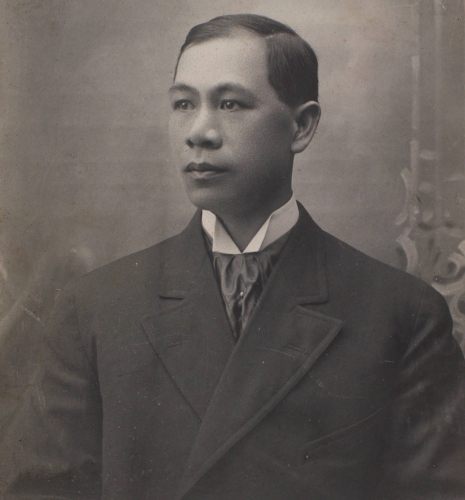A Tribute to Hong Yen Chang and His Bar Admission
June 18, 2025 Christopher K. Tong
The story of the first Chinese lawyer in the United States, recently spotlighted by ‘The New York Times,’ reveals how the endeavor to provide legal representation to all carries on.
In an age when inclusion is at the center of our national discourse, many trailblazers still remain barely visible in the historical record. One of them is Hong Yen Chang, whose extraordinary story was recently illuminated in The New York Times’ “Overlooked” obituary series. Chang, the first Chinese lawyer licensed to practice law in the United States, challenged legal exclusion, systemic racism, and national indifference at a time when anti-Asian sentiments were embedded in U.S. law.
Chang’s story is not just a narrative of personal triumph — it also is a mirror reflecting some of our most pressing contemporary concerns: access to justice, immigrant exclusion, and the moral imperative of our legal institutions.
Born around 1859 in southern China, Chang came to the United States as part of a Qing dynasty educational program. He excelled academically, attended Yale and Columbia Law School, and aimed to serve the Chinese-speaking community through the practice of law.
Despite his credentials and support from allies, New York courts initially denied his bar admission because he was not a U.S. citizen, a status he was barred from obtaining under federal law. Chang was later naturalized and admitted to the bar in New York and Hawaii, both with large Asian populations, in 1888 and 1889, respectively. However, despite overcoming these obstacles, he was rejected by the California Bar in 1890 on the basis of his race. (In 2015, Chang was posthumously admitted, with the court acknowledging that his exclusion had been a “grievous wrong.”)
Exclusion had real consequences not only for Chang, but also for the many Chinese speakers and Chinese Americans he would have represented during one of the most hostile eras in U.S. immigration history. While Chang moved on to other successful careers in education, banking, and diplomacy, he died in 1926, largely forgotten by the legal community he had once tried to join. His story reminds us in the legal community that the endeavor to provide legal representation to all carries on today.
Disclaimer: Elm Voices & Opinions articles reflect the thoughts or opinions of their individual authors, and may not represent the thoughts or values of UMB as an institution.